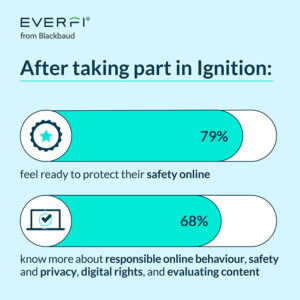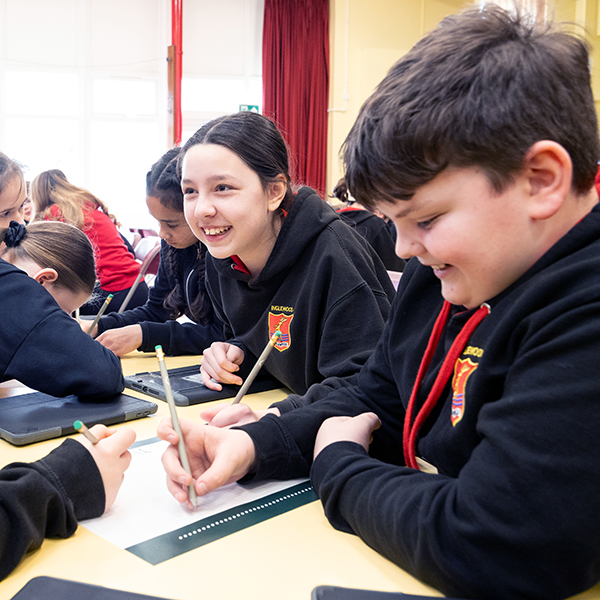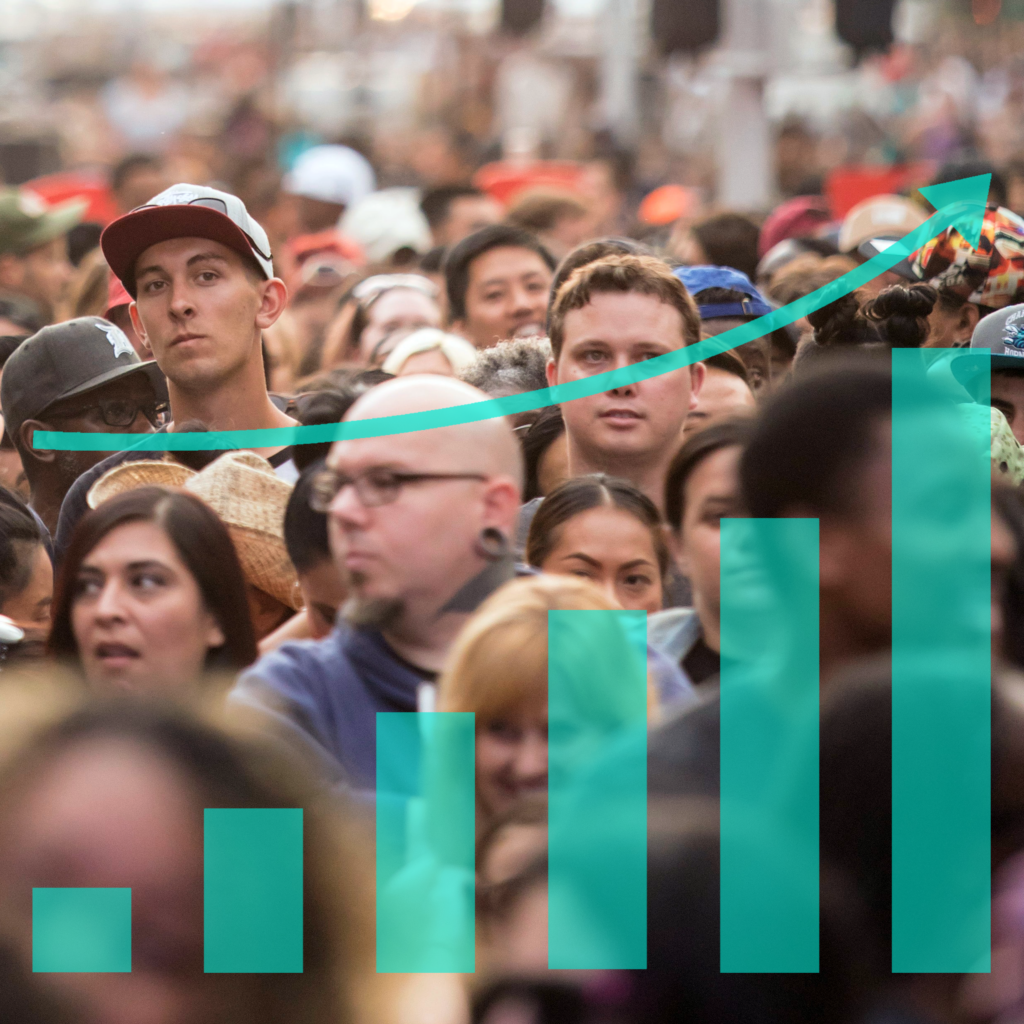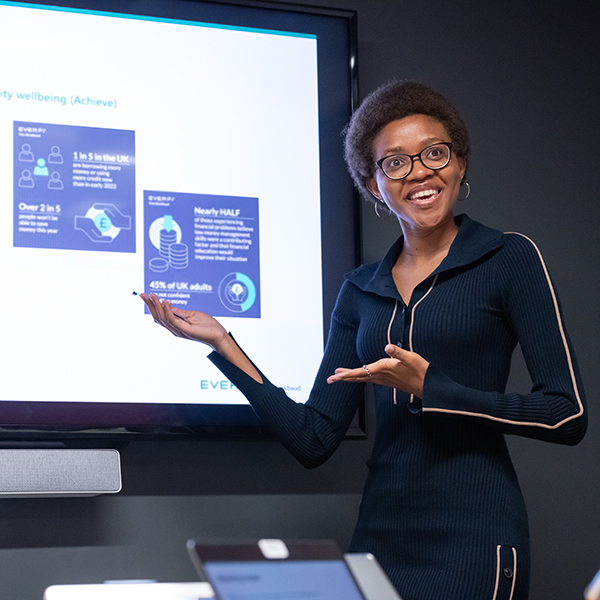Help young people stay safe online with digital literacy skills
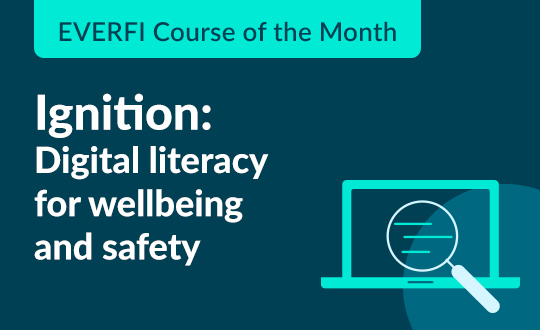
We know internet use among children and teenagers has benefits as well as risks. While social media can foster friendships and a sense of belonging, and search engines can support learning, the web is also a public space where cyberbullying and misinformation frequently occur.
There’s a valuable role for businesses in supporting young people to be safe and thrive in a digital world; organisations like yours are in a great position to help bridge the gap between children and the digital literacy skills they need.
The problem
Children spend an average of four to five hours per day on social media1; in fact, those aged 12 to 15 spend more time on social media than with their friends2. This raises concerns, as young people are particularly vulnerable to digital risks:
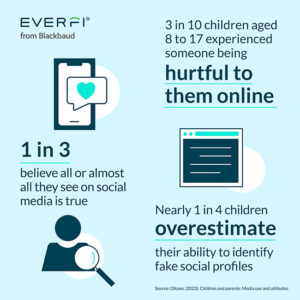
The reasoning
Supporting children’s development of critical thinking is one of the most effective ways to help them manage the risks posed by the internet. If they can question the credibility of what they’re seeing and reason about the most appropriate response to others’ online behaviour, they can avoid misinformation and scams and manage the socio-emotional impact of social media activity.
Practical knowledge is also important. By understanding the health and socio-emotional risks of excessive media usage, and by knowing how to protect their information, they can enjoy all the benefits of the web while avoiding its potential harms.
These are two important aspects of digital literacy, recognised by the UNICEF as an important part of preparing children for life. However, teachers are frequently untrained or don’t have the capacity to deliver this kind of education in schools – a key barrier to achieving digital literacy among children, according to UNICEF3.
The how
Organisations can support teachers to deliver effective digital literacy education to children in schools across the UK by sponsoring our Ignition course. Free to schools and students, the course empowers 11-to-14-year-olds to:
- protect their own privacy and safety online,
- plan how to balance online time with offline activity,
- interact with others respectfully, in an emotionally intelligent way,
- become responsible content creators, and
- consume information and media critically.
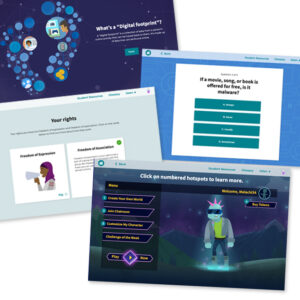
Delivered online, this course uses scenario exercises, reflection questions, and fun quizzes to build essential digital literacy and wellbeing skills to help students participate safely in the digital world.
Teachers can deliver this course in classrooms anywhere in the country; organisations can offer it to schools in specific regions or scale it up to reach a larger number of students.
The impact
Support young people with digital literacy skills
Get in touch to find out about sponsoring this course.
Sources:
1 Times Education Commission. (2022). Bringing out the best.
2 Ofcom. (2023). Children and Parents: Media use and attitudes.
3 UNICEF. (2019). Digital Literacy for Children: Exploring definitions and frameworks.
Watch the video:
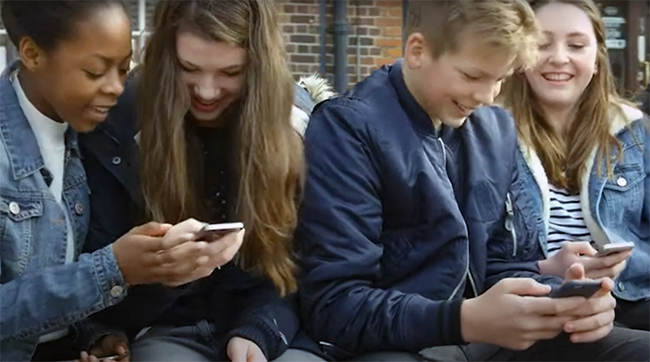
Ignition: Digital literacy for wellbeing and safety
‘It is designed in a fun way where you can learn a lot and be engaged in the learning at the same time.’
‘It teaches you how to be safe online and stay away from harm.’
‘I like how it teaches us new information and what to do about problems.’
Support digital literacy in the community
Get in touch to learn about sponsoring this course.


